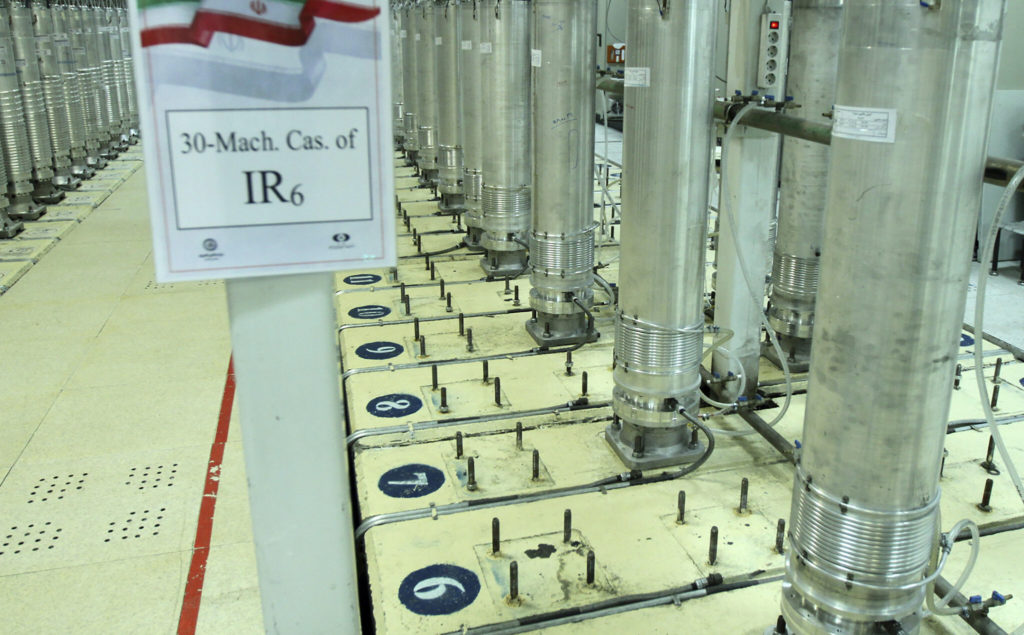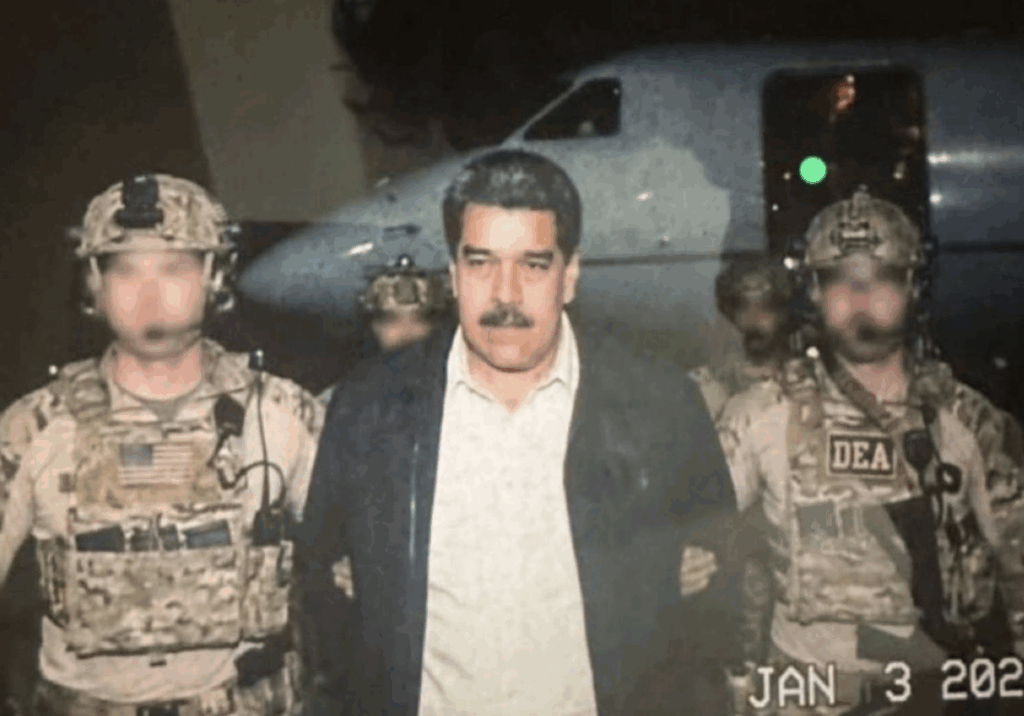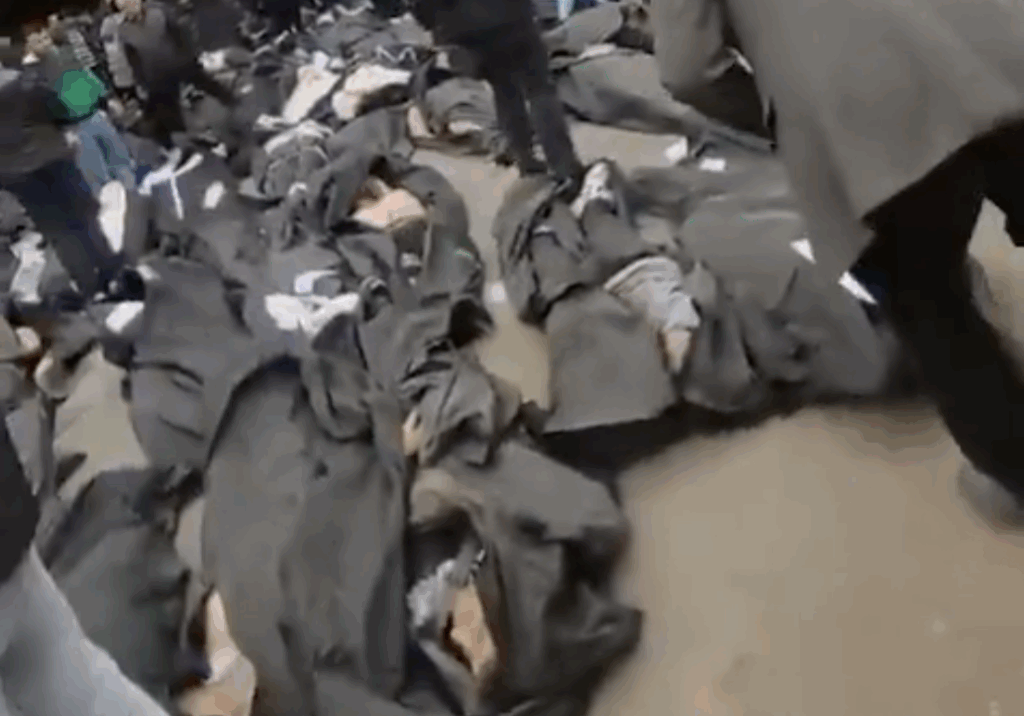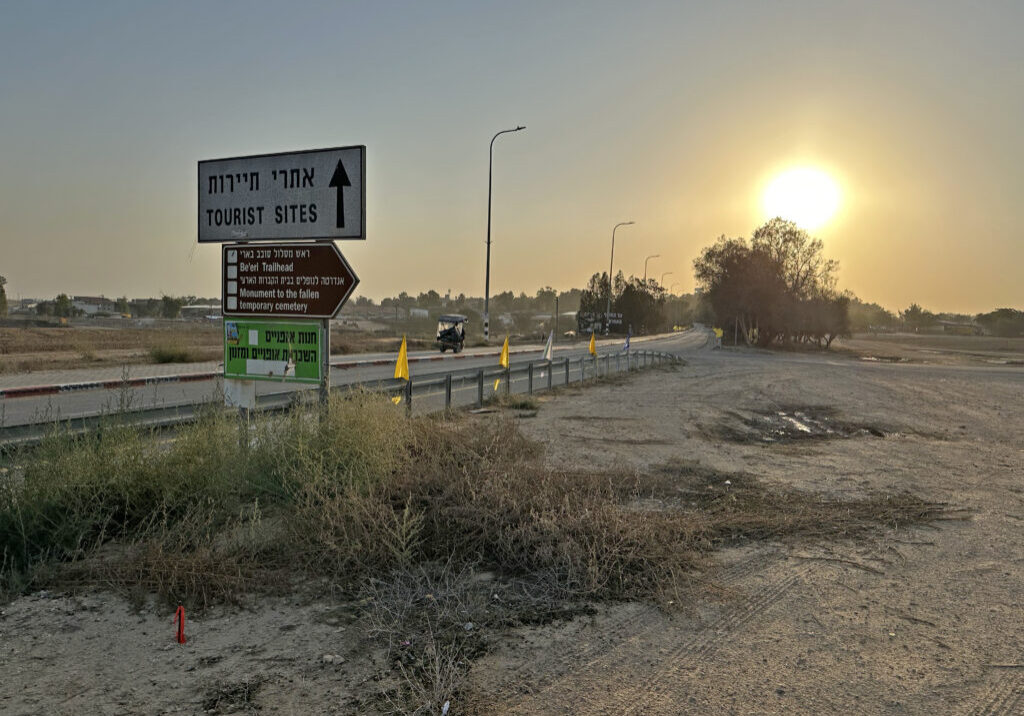Australia/Israel Review
Israel, Biden and Iran
Dec 23, 2020 | Jacob Nagel

Following President-elect Joe Biden’s election victory, the United States is widely expected to re-enter negotiations with Iran. In advance of the election, some advisers to Biden circulated a white paper exploring a return to the Joint Comprehensive Plan of Action (JCPOA), the flawed 2015 nuclear deal.
One controversial option was a return to the interim 2013 deal, the Joint Plan of Action, which yielded Iran hundreds of millions of dollars as a show of good faith. Israel is understandably concerned by the possibility of going back to a process that yielded sanctions relief and other concessions far too beneficial for Iran, as far as Israelis were concerned.
Faced with this challenge, Israel must demonstrate internal unity. This begins with discipline in speaking with the press. Israel’s Prime Minister Binyamin Netanyahu can enforce this with a directive for officials speaking on or off the record, with reporters or in official meetings.
Such a directive should have the support of Netanyahu’s coalition partners, including Defence Minister Benny Gantz and Foreign Minister Gabi Ashkenazi, and be enforced across the rest of the Israeli bureaucracy dealing with the Iran file. This was the way the Israeli expert team worked with the six world powers involved in negotiating the JCPOA. The Israeli team, under clear instructions, explained to the negotiators their concerns while trying to mitigate the JCPOA’s mistakes and improve the flawed deal on the margins.
Such a unified message should also be crafted with Israel’s new peace partners in the Middle East. The United Arab Emirates and Bahrain harbour similar concerns about Iran. Israel must coordinate closely with them and perhaps other governments, such as the Saudis, to speak with one voice. The concerns of America’s regional partners were ignored last time. They should not be ignored again.
In voicing their concerns, Israel and its new friends must be wary of joining forces with US Republicans who are also opposed to making concessions to Iran. Indeed, this cannot appear to be a partisan issue. At the same time, it is not a bad idea to convey that the next presidential election in 2024 could yield a different policy, making any business with Iran very risky.
Israel and its partners must also convey that Iran’s malign activity has not ceased. Since 2018, when the United States withdrew from the 2015 nuclear deal, the regime has engaged in nuclear blackmail, enriching more uranium, installing new and advanced centrifuges in underground facilities, and taking other dangerous steps in the nuclear arena.
In fact, the International Atomic Energy Agency (IAEA) recently issued an unusually harsh report on Teheran’s violations of the Nuclear Non-Proliferation Treaty, Iran’s nuclear safeguards agreement, and the 2015 nuclear deal. That report is backed by documents the Mossad captured from Iran’s atomic archive, not to mention site visits in Iran by the nuclear watchdog. Recent IAEA visits yielded new and interesting findings about Iranian violations.
Unfortunately, the international community has failed to take decisive action. The Iranians wisely waited for the US election in the hope that they might be able to outlast current pressure. Israel and its partners should convey to the incoming administration that this cannot be rewarded.
Biden wants a new agreement. That in itself is not the problem – Israel wants one too. The devil is in the details. Israel must press for the next deal to be a good one that does not enable Iran to continue its nuclear activity. A new agreement must not be more of the same with minor improvements. The goal must be to establish new, clear terms to address the absurdity of Iran’s “civilian nuclear program” in underground facilities. Moreover, a new agreement should include all three elements of Iran’s illicit nuclear program: fissile materials, weaponisation, and means of delivery.
Weaponisation is very difficult to define and monitor. This was made clear from the atomic archive. Therefore, the next deal must require the regime to come clean about all previous activities. No deal can be concluded without Teheran’s admission of previous violations and declaration of its past inventory.
The means of delivery, namely ballistic missiles, requires more than United Nations resolutions that are subject to interpretation. The next deal should unequivocally halt the development of missiles capable of carrying nuclear weapons.
Fissile materials (uranium and plutonium), along with all the technology necessary to produce them, should be completely banned and monitored by the IAEA. There must be no room for negotiation on this.
The US and its allies must also stop hyper-focusing on “breakout time.” This is an outdated concept. Iran will not “break out” but will rather “sneak out” to a bomb via advanced centrifuges, increased research and development, and underground or clandestine facilities. Any future agreement cannot allow underground facilities, open possible military dimensions questions, or allow weaponisation groups such as the now-sanctioned organisation known by its Farsi acronym, SPND.
Finally, the JCPOA included dangerous “sunset” clauses. These are terms of the deal that expire over the course of a decade or so. If sunset clauses are included in a new deal, they should be set to expire many decades from now. Iran must not be led to believe that it has a patient pathway to nuclear weapons.
Some might say these terms would never be accepted by Teheran. This is the wrong mindset for negotiations. The next administration should bring its demands and be in no rush to negotiate. After all, America has many other challenges in the wake of the pandemic and global tensions with China, Russia, and North Korea. If Iran’s regime wants sanctions relief and an end to the current Administration’s “maximum pressure” campaign, it should be ready to compromise at the negotiating table. The new administration must categorically reject the assertion by Iran’s leaders that the US should atone for President Trump’s Iran policy.
Some Biden advisers may believe that sanctions relief will help achieve an agreement and help avert conflict. This, too, is wrong. Sanctions represent leverage that will help America reach the right agreement and prevent conflict. Without sanctions and a credible military threat, the Islamic Republic will not come to the table or negotiate meaningful changes to the last deal.
Sanctions can also help push the regime for other changes in behaviour. But Israel and its partners must differentiate between the nuclear program and other concerns. Indeed, it would be a mistake to bind Iran’s terror support or malign actions in Syria and Lebanon to the nuclear negotiations. After solving the nuclear problem, all others can be tackled. Merging the two can lead to dangerous nuclear concessions.
Important decisions await the incoming administration. It must move deliberately and wisely, learning from mistakes of the past. Israel can help, particularly if it speaks in one voice and coordinates carefully with other partners seeking to prevent a return to the flawed agreement of 2015.
Brigadier General (Res.) Jacob Nagel is a senior fellow at the Foundation for Defence of Democracies (FDD) and a visiting professor at the Technion Aerospace Engineering Faculty. He previously served as Prime Minister Binyamin Netanyahu’s acting national security adviser and head of Israel’s National Security Council. This article originally appeared in the Washington Examiner. © FDD (www.fdd.org), reprinted by permission, all rights reserved.
Tags: IAEA, Iran, Israel, JCPOA, United States






